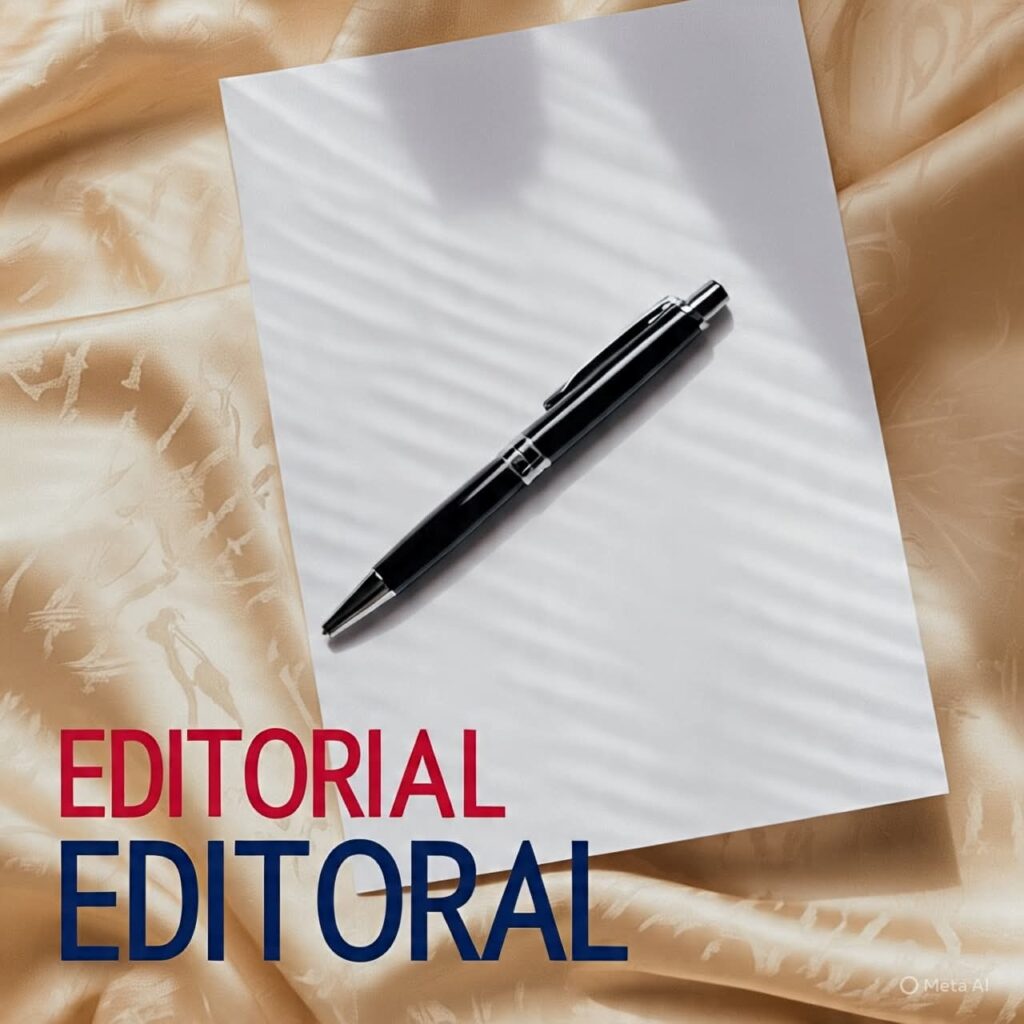The suspension of Abdullah Kamara from his role as Acting Chairman of the Liberia Telecommunications Authority (LTA) was not only necessary—it was long overdue. President Joseph Boakai’s action to sideline Mr. Kamara amid allegations of financial misconduct is a delayed but welcome move that signals an attempt to uphold public integrity in the face of mounting evidence and pressure.
Long before his appointment, Kamara’s private firm, TAMMA Corporation, had come under serious scrutiny in a September 2024 audit by the General Auditing Commission (GAC). The report revealed that TAMMA and another company received large payments—over L$262 million and US$450,000—without proper contracts, procurement records, or proof of service. These transactions were linked to the Liberia Digital Transformation Project, which was intended to improve the country’s digital systems.
What made matters worse was that Kamara, at the time CEO of TAMMA, was also a signatory to the very account through which these questionable funds were disbursed. This alone should have raised red flags, especially considering the clear conflict of interest involved. Yet despite this glaring issue, Kamara was later appointed to head the LTA—an act that undermined the government’s own pledge to fight corruption and protect public trust.
Criticism of his appointment was swift and widespread. Civil society organizations and political observers questioned how someone so closely tied to a controversial audit could be trusted with overseeing the very institution implicated in the report. Even the four other suspended LTA commissioners publicly denied any knowledge of the transactions, distancing themselves from the scandal and effectively isolating Kamara.
Now, with the Liberia Anti-Corruption Commission (LACC) actively investigating the matter and naming Kamara as a person of interest, President Boakai’s decision to suspend him comes not a moment too soon. While it should have happened much earlier, the action at least begins to address public concerns about the administration’s commitment to transparency.
Still, this suspension must go beyond symbolism. It should signal a turning point in how public officials are selected and monitored. Going forward, the government must ensure that those appointed to sensitive positions are free of conflicts and past controversies that could jeopardize institutional credibility.
In the end, the suspension of Abdullah Kamara is a reminder that justice delayed doesn’t have to be justice denied. What matters now is that the process continues with fairness, speed, and honesty. The people of Liberia deserve not only accountability—but leadership that is courageous enough to admit errors and correct them in time.

